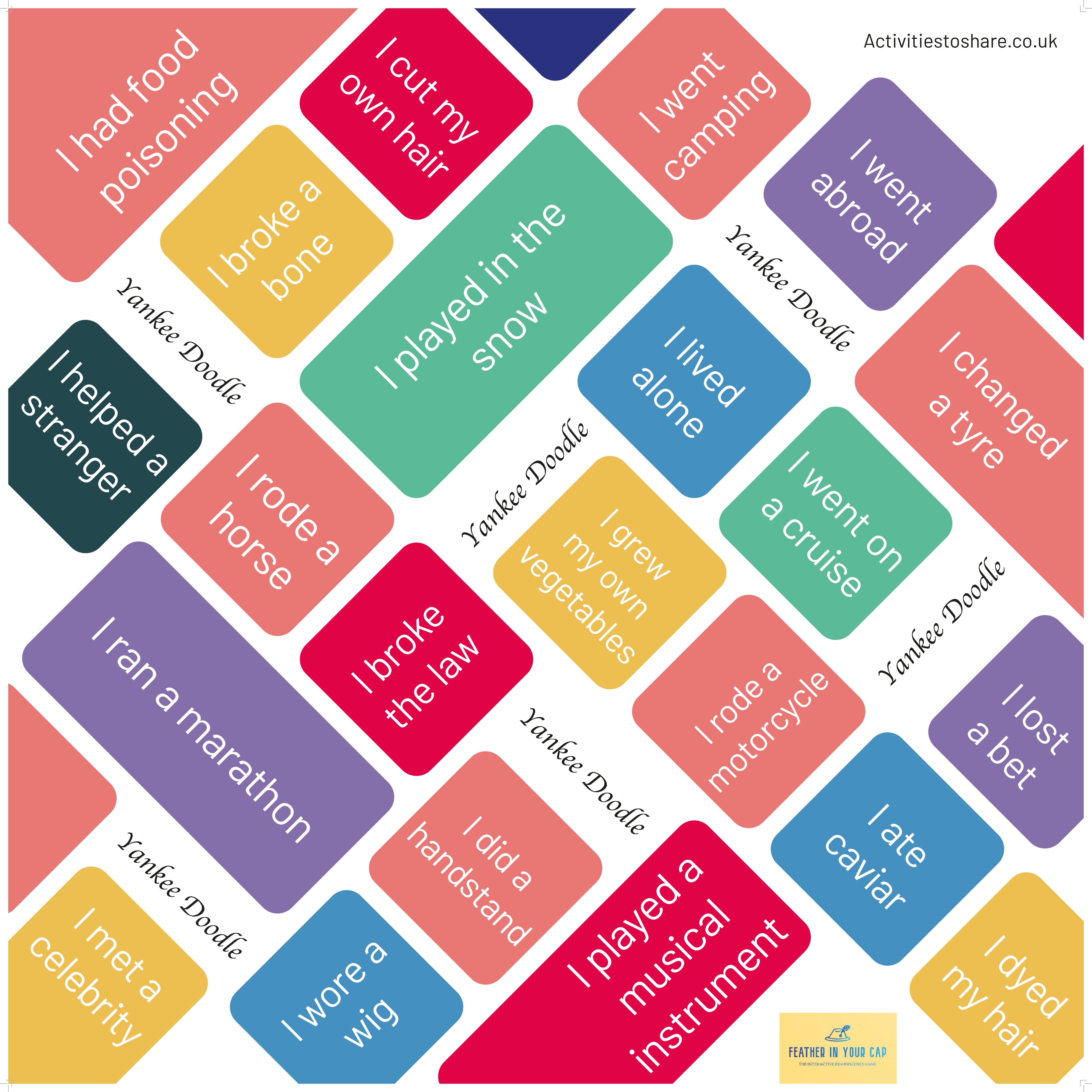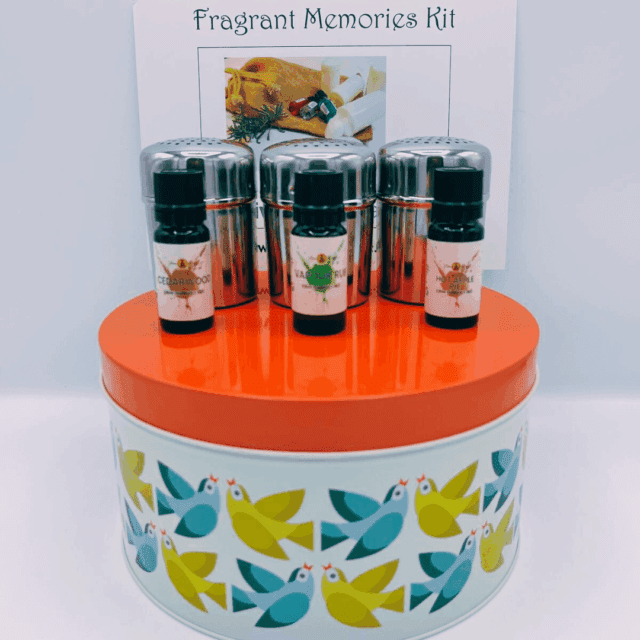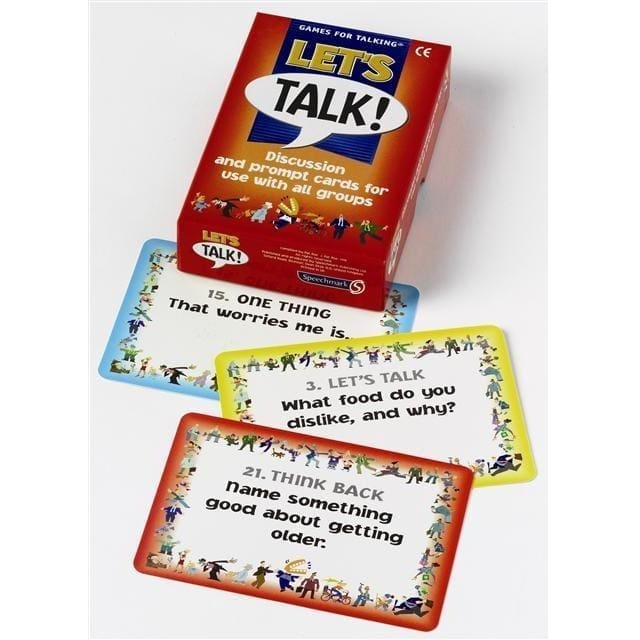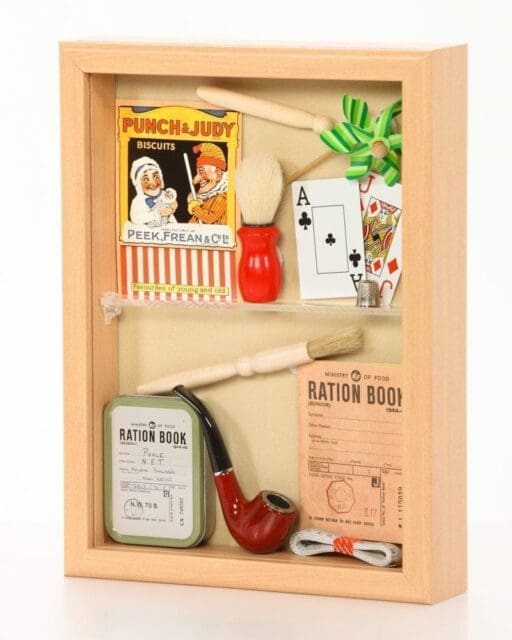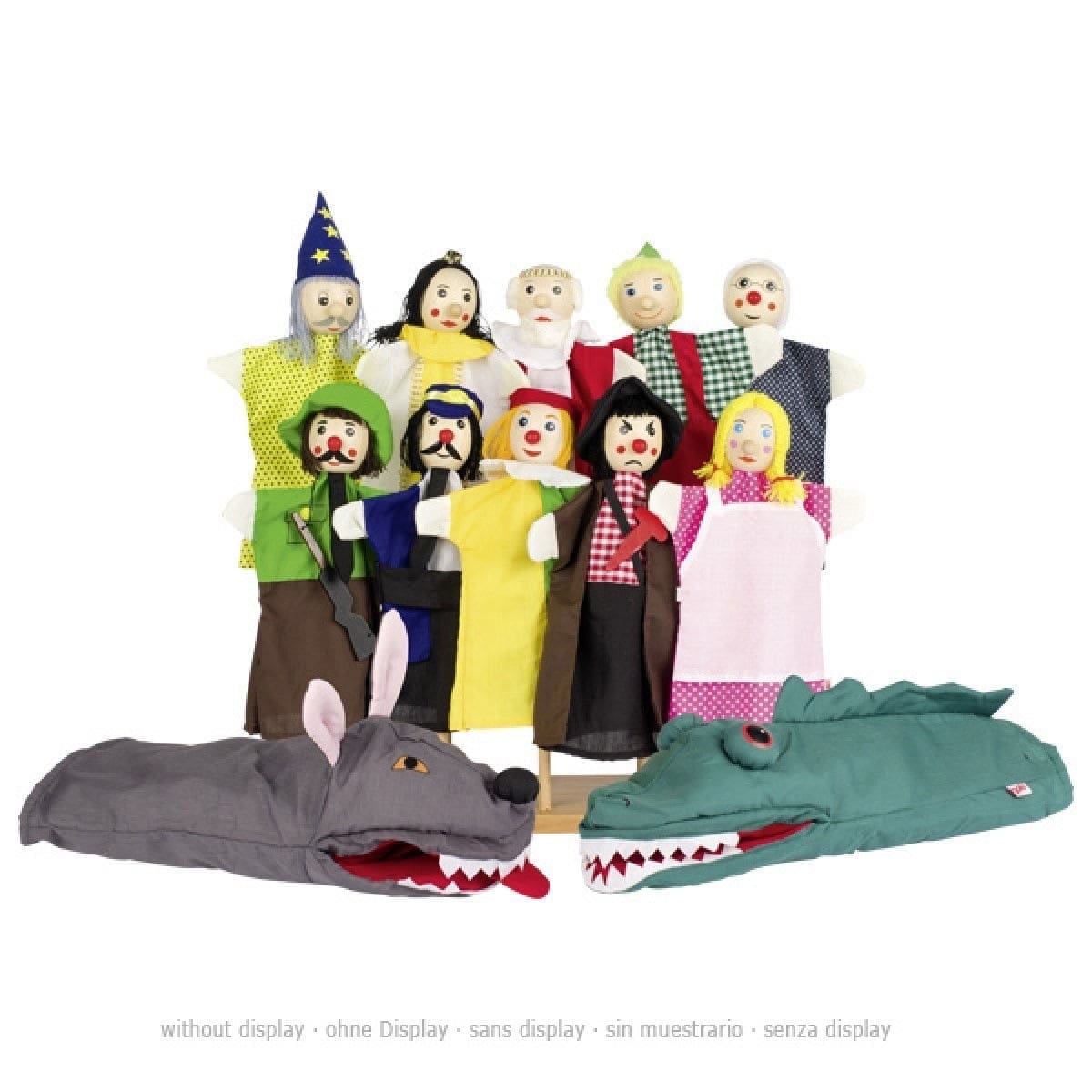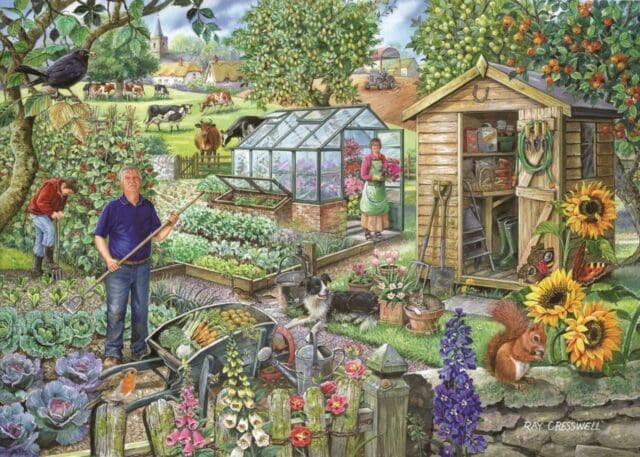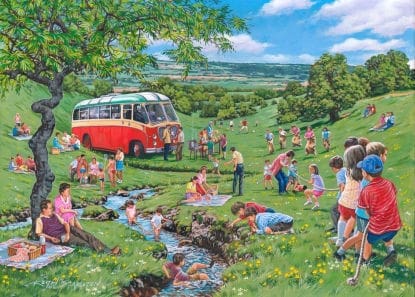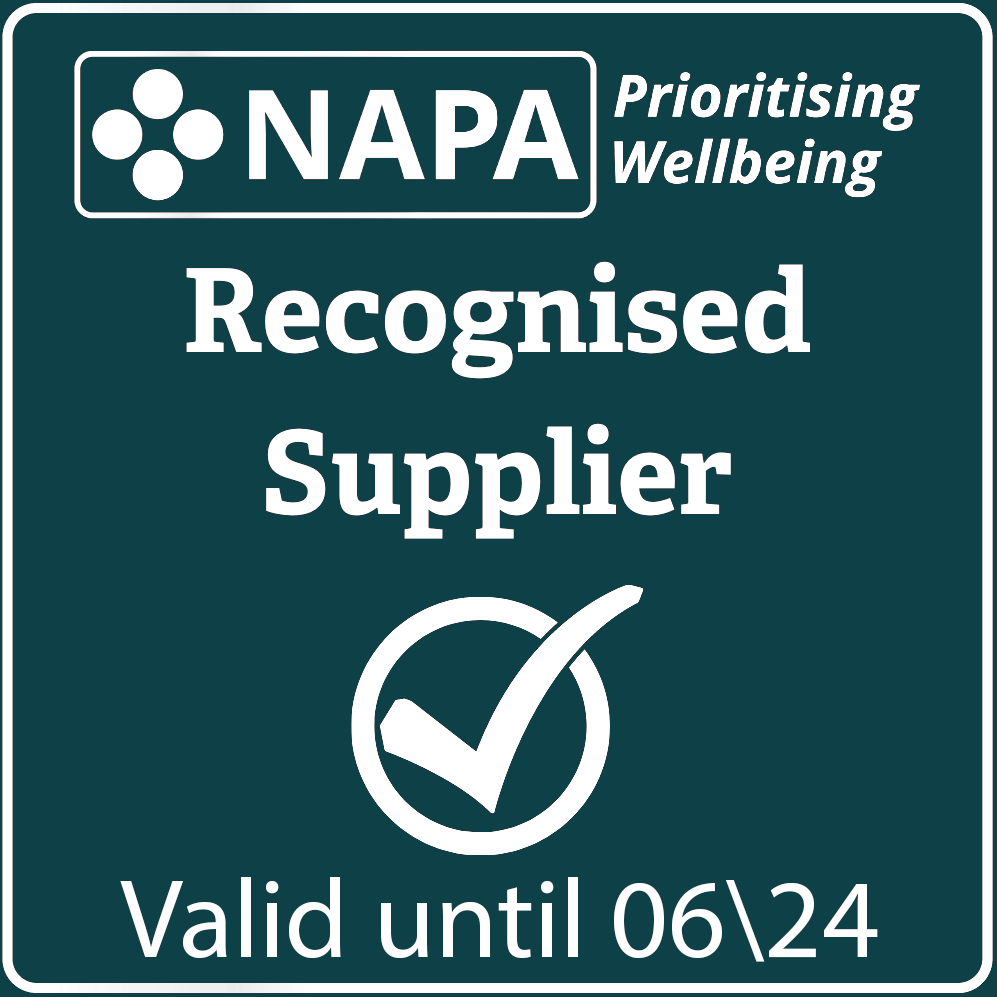Getting to know someone suitable for people with Dementia and Special Needs
Getting to know you’ sessions are a great group activity as well as a good one-to-one chat and recommended to be held at least once a month.
These products will help get the conversation flowing and encourage interaction and sharing of stories within the group.
Getting to know someone activities designed for Dementia & Alzheimer's patients
Getting to Know Someone - For the Elderly
Building relationships and meaningful interactions is essential for the elderly. Whether it is family, friends, or caregivers, getting to know an elderly individual involves understanding their life’s journey, memories, favourite pastimes, likes, and dislikes. There's a wealth of knowledge and experiences that they can share. Familiarising ourselves with their needs and routines can contribute to their comfort and overall wellbeing.
Getting to Know Someone - For Care Homes
In a care home setting, quality care involves more than just physical health management. Building a genuine connection by understanding residents individually is paramount. Every resident has a unique story and a personal way of doing things. By listening and showing interest in their lives, professionals can provide tailored care, while residents feel valued, seen, and understood.
Getting to Know Someone - For the visually impaired
Impaired Visually impaired individuals interact with the world slower than others. This makes the process of getting to know them a little different. It's crucial to establish trust through consistency in interactions, respectful dialogue, and offering assistance while ensuring their independence. Knowing their preferred method of communication and understanding their unique challenges gives insight into their world, facilitating a more profound connection.
Getting to Know Someone - For Dementia
Dementia affects memory, cognitive abilities and communication skills, making it vital to approach the task of getting to know someone with dementia with patience and empathy. Learning about their life history, preferences including familiar music, food, and routines can help create a comfortable environment. Engaging in meaningful activities and stimulating their minds can affect their emotional wellbeing positively.
Getting to Know Someone - For Alzheimer’s
Alzheimer's disease can alter a person's behaviour, memories, and ability to perform everyday tasks. However, every person going through Alzheimer’s has a unique personality and history that remains unchanged. Discovering these traits and being patient and compassionate in communication helps establish a connection. Retaining a sense of identity and familiarity can prove comforting to the individual and aids in providing personalised care.
Showing 1–18 of 27 results
